The term “screw machine” broadly refers to those machines that produce a high volume of turned parts via either CNC technology or cams. Screw machine products are those products produced by said screw machine. Read More…
H & R Screw Machine Products-ISO 9001-certified manufacturer of high-volume screw machine products for many industries. We also produce CNC turned parts and provide machining of customer supplied castings, forgings and stampings.
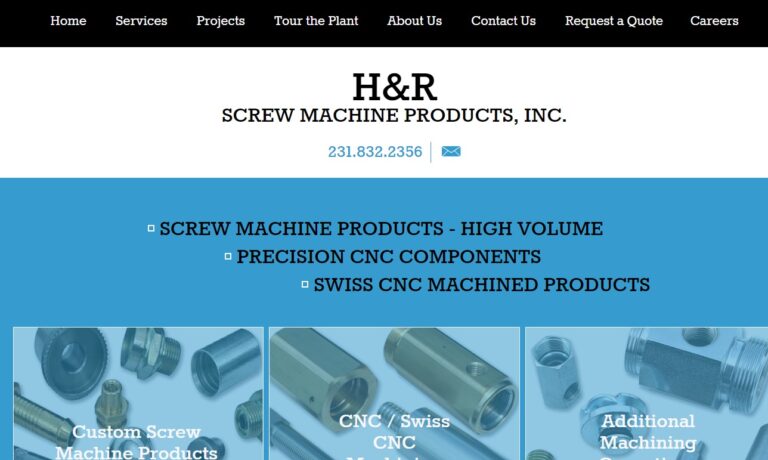
It is Thuro’s mission to be the leading choice for screw machine parts, and to offer our products at the highest quality and the lowest cost. Our team members dedicate themselves to ensuring that our customers receive the perfect part on time, every time.

Based out of California, Pacific West America, Inc. (PWA) is a metal fabrication company. We focus most of our efforts on swiss screw machining, stampings, and precision parts, and our electronics division makes products such as cable assemblies, connectors, circuit boards and membrane switches. We create our products using a variety of CNC controlled machines, processes and robotics. Such...
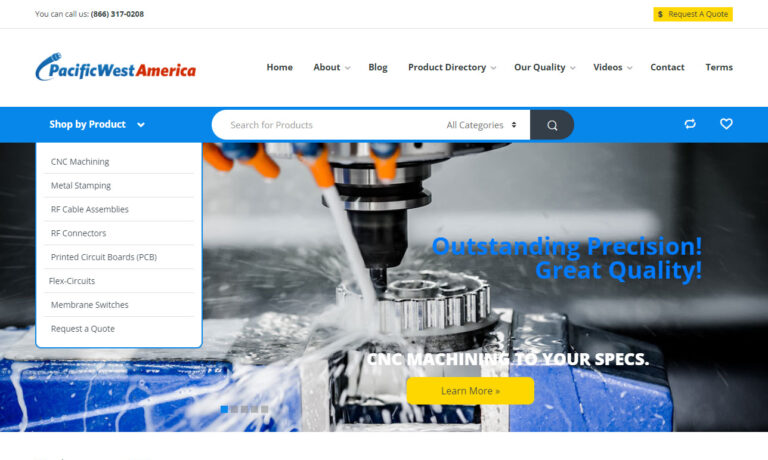
At M.A.R.'s Engineering, we take great pride in our ability to deliver high-quality screw machine products. Our screw machines are capable of producing complex components with utmost precision and efficiency. Whether it's small parts or intricate assemblies, we have the expertise and equipment to meet your specific requirements. With a wide range of materials and finishes available, we can...
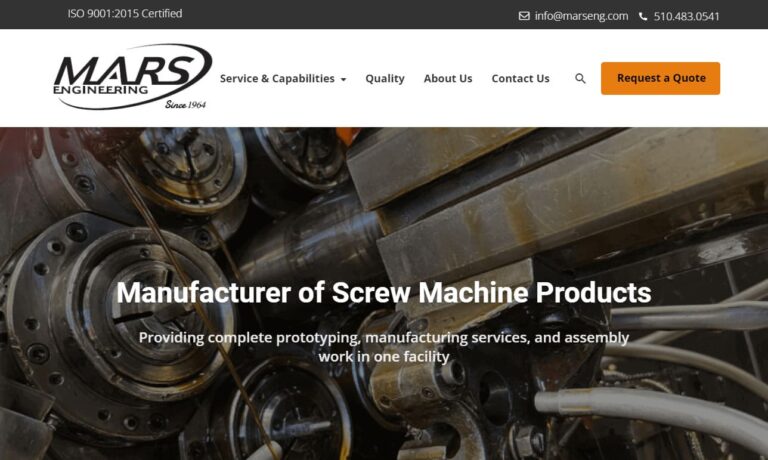
At GrovTec Machining, we pride ourselves on being the go-to destination for precision turned components and screw machine products. When it comes to fulfilling your machining needs, you need not look any further than our state-of-the-art screw machine shop. Our dedicated team of experienced machinists and cutting-edge equipment allow us to tackle projects of all sizes and complexities.
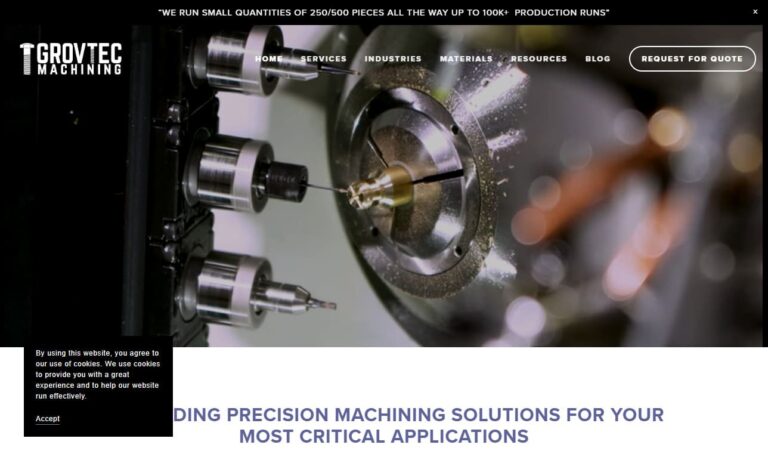
Dynamic Machining X Manufacturing, LLC is a leading provider of precision machining services, specializing in medical machining, aerospace parts manufacturing, mill-turn center operations, 5-axis machining, and more. Our state-of-the-art facilities and highly skilled team enable us to deliver complex and intricate components with unparalleled accuracy and quality. Serving a wide range of...

At Lakeside Screw Products, we pride ourselves on delivering exceptional screw machine products crafted with precision and quality. Our commitment to excellence is ingrained in our rigorous quality control process, ensuring that every component we produce meets the highest standards of accuracy and reliability. Since 1977, Lakeside Screw Products has been a trusted partner, providing unparalleled ...

More Screw Machine Products Manufacturers
Screw machine product manufacturers supply parts for critical applications across various industries, including household appliances, construction, manufacturing, automotive, electronics, laboratory, military and defense, and healthcare.
Screw machines, contrary to their name, manufacture a diverse array of parts beyond screws. By employing cost-effective mechanical and CNC machining methods, they produce both standard and custom components. These include bio implants, fittings, miniature medical instruments, metal knobs, specialty fasteners, spindles, splines, keyways, threaded rods, tire gauges, and other precision metal parts.
History of Screw Machines
Over the past two centuries, the term “screw machine” has undergone several changes. In the 1840s, turret lathes were referred to as screw machines, used to produce various parts essential to the industrializing world. By the 1860s, inventors began mechanizing turret lathes, leading to the distinction between automatic screw machines and manual or hand screw machines. In 1865, Joseph R. Brown’s milling machine for cutting spirals, also called a screw machine, added to the evolving terminology. The rapid advancements during the Industrial Revolution made it challenging to keep pace with these changes.
Around this time, the Swiss developed their own screw machines to aid in precision watchmaking, known today as Swiss screw machines. In 1880, Oscar S. Beale and engineers at Brown and Sharpe created the first fully automated screw machine, reclassifying previous versions as semi-automatic. Shortly thereafter, manufacturers stopped referring to lathe turrets as screw machines.
In the 1940s and 1950s, engineers developed computer numerical controlled (CNC) technology, leading to the creation of CNC screw machines. The 1970s saw the introduction of the first CNC Swiss screw machine, initially used in the electronics and semiconductor industries. By the 1990s, their application expanded to aerospace, healthcare, and various industrial sectors.
Today, manufacturers rely on CNC screw machines to produce a wide range of screw machine parts and products. Modern screw machines are faster, more efficient, and capable of handling higher load volumes. Given the ongoing demand for fasteners, CNC screw machines remain indispensable.
Screw Machined Metals
Aluminum, a naturally occurring element with atomic number 13, is ductile, nonmagnetic, corrosion-resistant, and low in density. After being screw machined, aluminum is commonly used in various industries, including construction and architecture, aerospace, and transportation. Its properties make it ideal for producing screws and other components essential in these fields.
Brass, an alloy primarily composed of copper and zinc, is bright with a strong gold tint. It offers low friction, good workability, durability, a non-sparking nature, and antimicrobial properties. After being screw machined, brass is commonly used in architecture, decorative applications, and plumbing due to these beneficial characteristics.
Steel alloys, primarily composed of iron and carbon, are known for their high tensile strength, making them among the most commonly turned metals. After being screw machined, steel screws are widely used across various industries, including transportation and defense, due to their durability and strength.
Stainless steel, composed of at least 10.5% chromium by mass, is renowned for its strength, corrosion resistance, stain resistance, and ease of sterilization. After being screw machined, stainless steel is commonly used in various applications, including construction, medical devices, parts manufacturing, machinery, and household goods.
Titanium (Ti) is an exceptionally strong transition metal characterized by its low density, light weight, and excellent corrosion resistance. It is widely used in the aerospace, automotive, sanitary, and medical industries.
Screw Machining Process
Manufacturers work in screw machine shops, utilizing precision screw machining equipment. They select materials, designs, and machining types based on customer requirements. The process begins with feeding a metal bar stock—square, round, or hexagonal—into the bar feed. As the bar stock spins, it encounters automated tools such as drills, cutters, notchers, and knurlers, which are attached to the screw machine. These tools shape the bar stock by drilling, shaving excess material, and smoothing it. Manufacturers typically arrange these tools in stations along various axes, including turret, horizontal slide, and vertical slide.
Screw Machining Machinery
The realm of screw machinery predominantly features CNC screw machines and CNC lathes, also recognized as CNC turning centers, which stand at the forefront of modern manufacturing due to their precision and efficiency.
CNC screw machines are indispensable in mass production environments. These sophisticated machines can simultaneously machine up to six parts, thanks to their ability to carry multiple spindles. This multi-spindle capability significantly enhances their versatility and productivity, allowing for the creation of uniform, intricate, and highly precise components. Their design and functionality make them a cornerstone in the production of complex parts, ensuring consistency and precision across high-volume manufacturing runs.
CNC lathes, or CNC turning centers, also possess the ability to machine up to six parts at once. However, they do not support as many spindles as CNC screw machines, which limits their versatility. While they offer impressive precision and complexity in part creation, their reduced spindle capacity renders them less effective for mass production compared to CNC screw machines.
Mechanical screw machines feature multiple simultaneously operating spindles, metal bar stock attached to the spindles’ spring collets, a main drive shaft, a bed lead work shaft, two front cam shafts, a motor, and controls. The main drive shaft powers the front cam shafts and the bed lead work shaft, while the motor, located at the machine’s base, powers all operations. The motor’s horsepower varies based on the machine’s size, speed, and the stock it processes. Traditional screw machines are cost-effective initially, capable of producing high volumes, and can match the speed of CNC-operated counterparts, making them highly efficient in certain settings.
Multi-spindle CNC screw machines exemplify an advanced hybrid technology that seamlessly integrates the features of both mechanical and CNC screw machines. The setup process for these machines is meticulous and detailed, involving the intricate design of each part, precise CAD design, and comprehensive system programming. While the initial setup demands a considerable time investment, the efficiency and cost-effectiveness of these machines become evident during extended production runs, making them an invaluable asset for high-volume manufacturing. Their ability to produce complex components with high precision and consistency underscores their importance in modern manufacturing processes.
Swiss type screw machines, originating from Switzerland in the late 1800s, are traditional machines known for their efficiency in mass-producing screw machine products. Distinct from other screw machines, they utilize rotary slides to move metal bar stock and primarily function by shaving down the material. Available in both mechanical and CNC varieties, CNC Swiss screw machines are highly versatile, featuring over eight spindles that can operate at different speeds simultaneously.
Roll machines are used by manufacturers to create internal screw threads. These machines typically feature a thread rolling die that presses into a blank, enabling high-volume production runs.
Similar Surfacing Processes
Manufacturers employ various surfacing processes to achieve specific appearances or functionalities for screw machine products. These processes include turning, Knurling, thread forming, thread rolling, and rotary broaching.
Turning is a versatile rotary machining process used for operations such as drilling, slotting, knurling, threading, and milling. Knurling creates a patterned texture on metal surfaces to enhance grip, commonly applied to metal flashlights, nuts, knobs, and tool handles. Thread forming, often used for creating screw heads, is more efficient with lathes than screw machines due to its time-consuming nature. Both knurling and rotary broaching, which uses a saw-like rotary or wobble broach to cut irregular shapes into metal, involve cold forming and do not require high heat.
Thread rolling, another threading method, employs hardened steel dies to move material rather than remove it, resulting in stronger screws and other threaded parts with smooth, even, and precise threads. This method is preferred by manufacturers for its ability to produce durable and accurately threaded components.
Benefits of Screw Machining
Screw machines offer a multitude of advantages that make them indispensable in precision manufacturing. The first notable benefit is the exceptional precision and tight tolerances they achieve, which are unparalleled by most other metal fabrication and forming processes. This high level of accuracy ensures that parts produced through screw machining maintain superior quality.
Screw machines are particularly renowned for their efficiency in forming turned parts. Utilizing advanced CNC technology, which is a standard feature in nearly all modern screw machines, they deliver numerous benefits to manufacturers. These benefits include the production of uniform parts and significantly higher machining rates, thus enhancing overall productivity and consistency in manufacturing operations.
Considerations with Screw Machining
When considering the purchase of custom screw products, it is essential to partner with a reputable and reliable parts manufacturing company. Many manufacturers claim to be the best, but their assertions often do not withstand scrutiny. To assist in your selection process, we have compiled a list of experienced manufacturers known for their excellence in precision machining. You can find these listings above, including company contact information and profiles.
Before reviewing our recommendations, we advise creating your own list of specifications. This should include product volume, lead times, delivery preferences, standard requirements, and budget. This list will help you quickly identify which manufacturers meet your criteria. Use it as a qualifying tool to select three or four companies to contact. During your discussions, refer to your list to keep conversations focused and productive. After speaking with each company, compare their services and capabilities to choose the right manufacturing partner for you. Happy hunting!

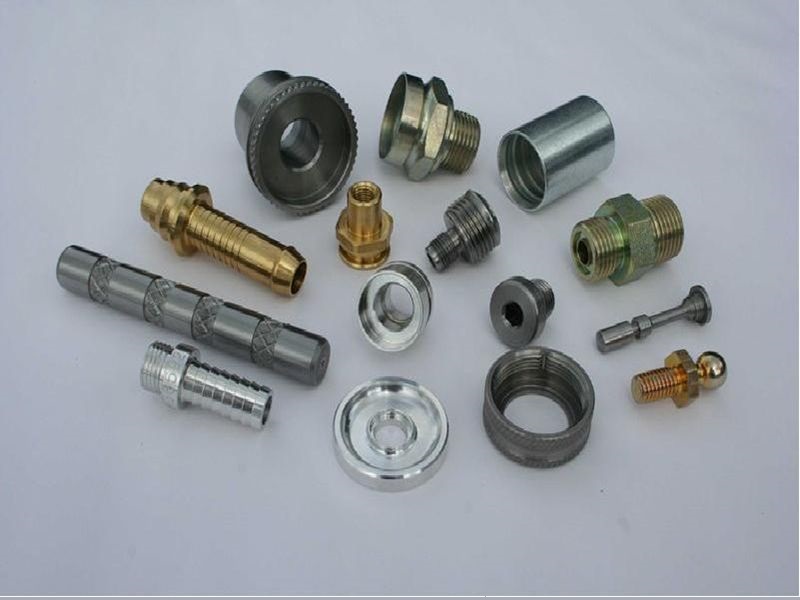
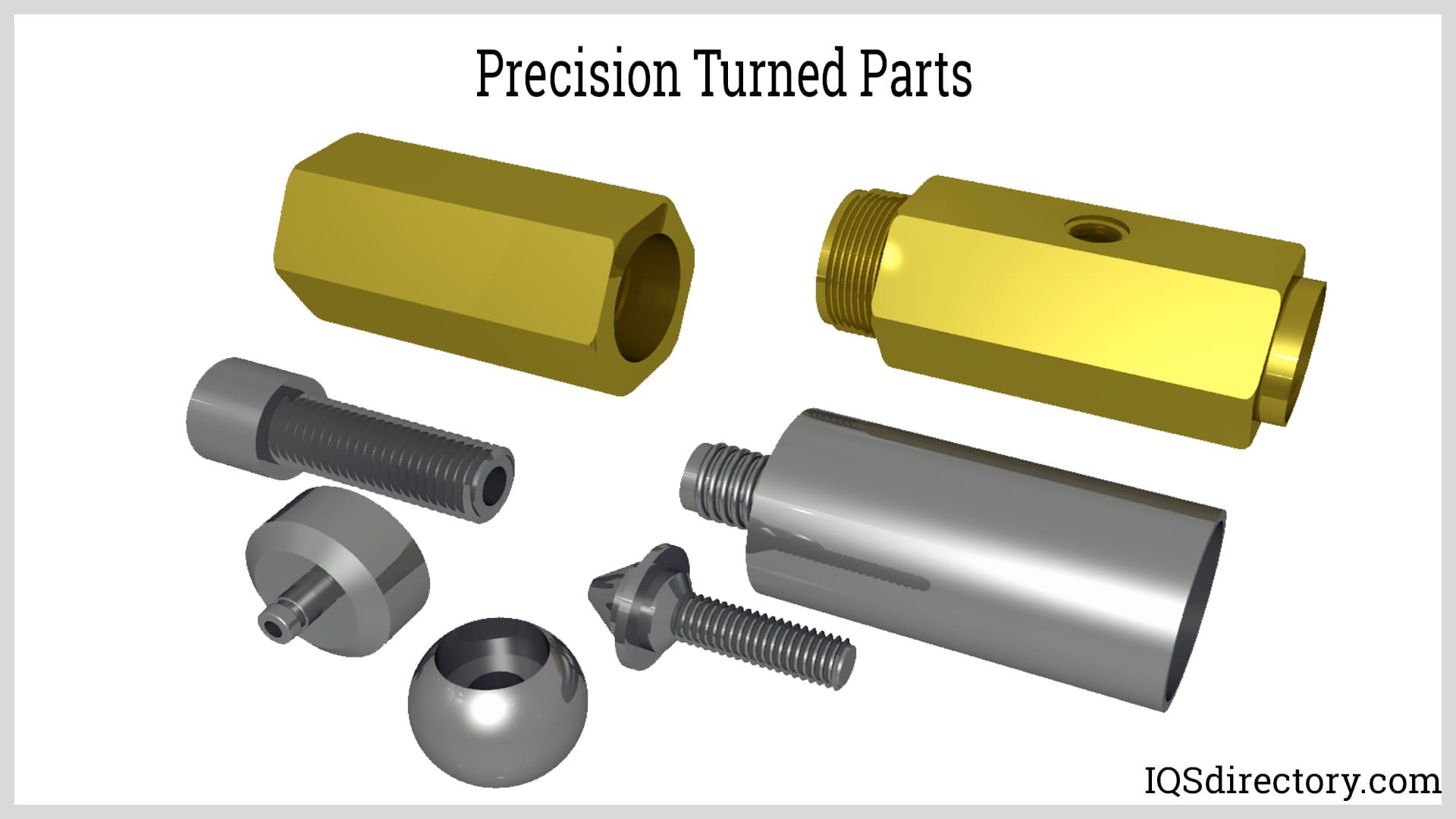
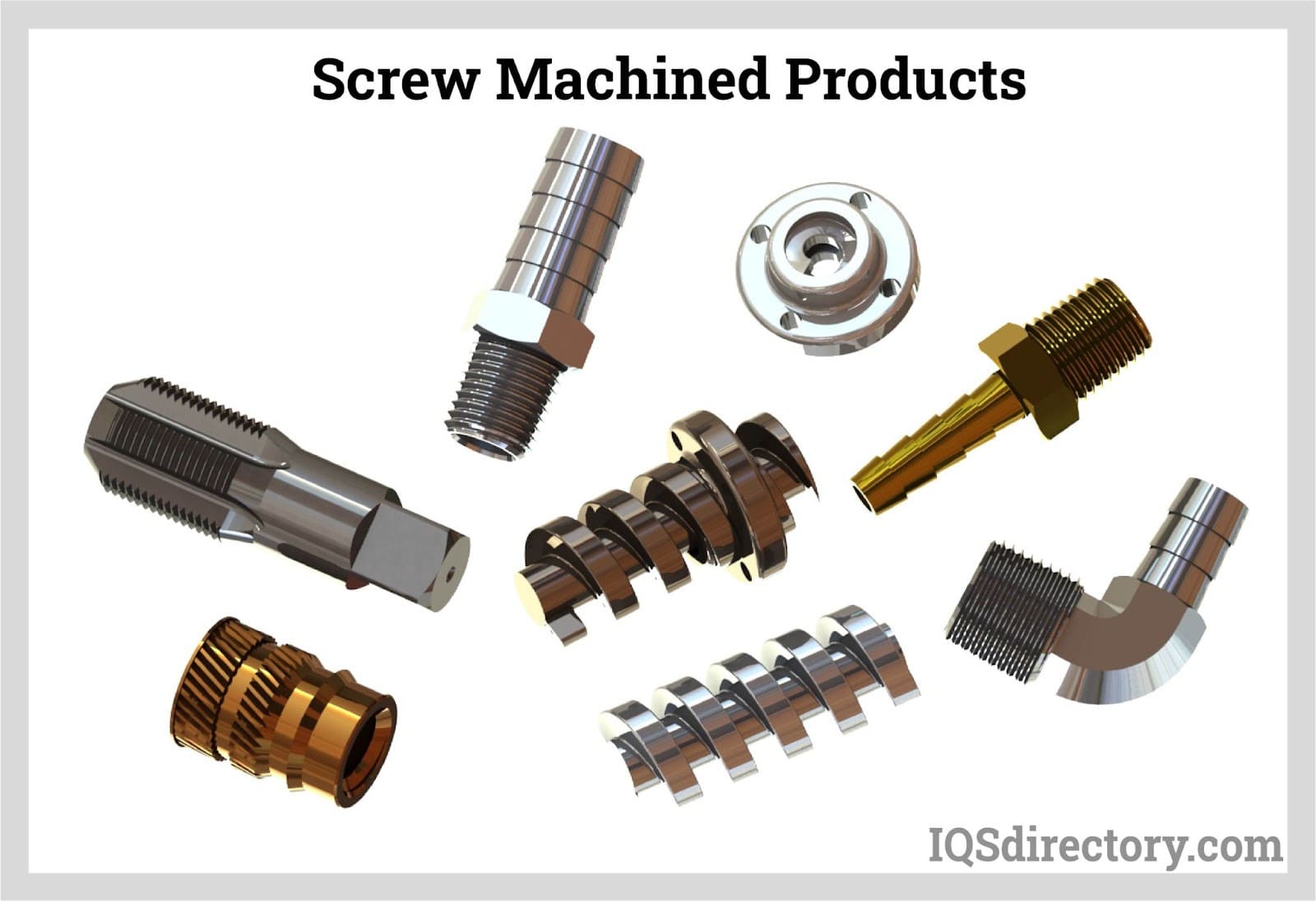
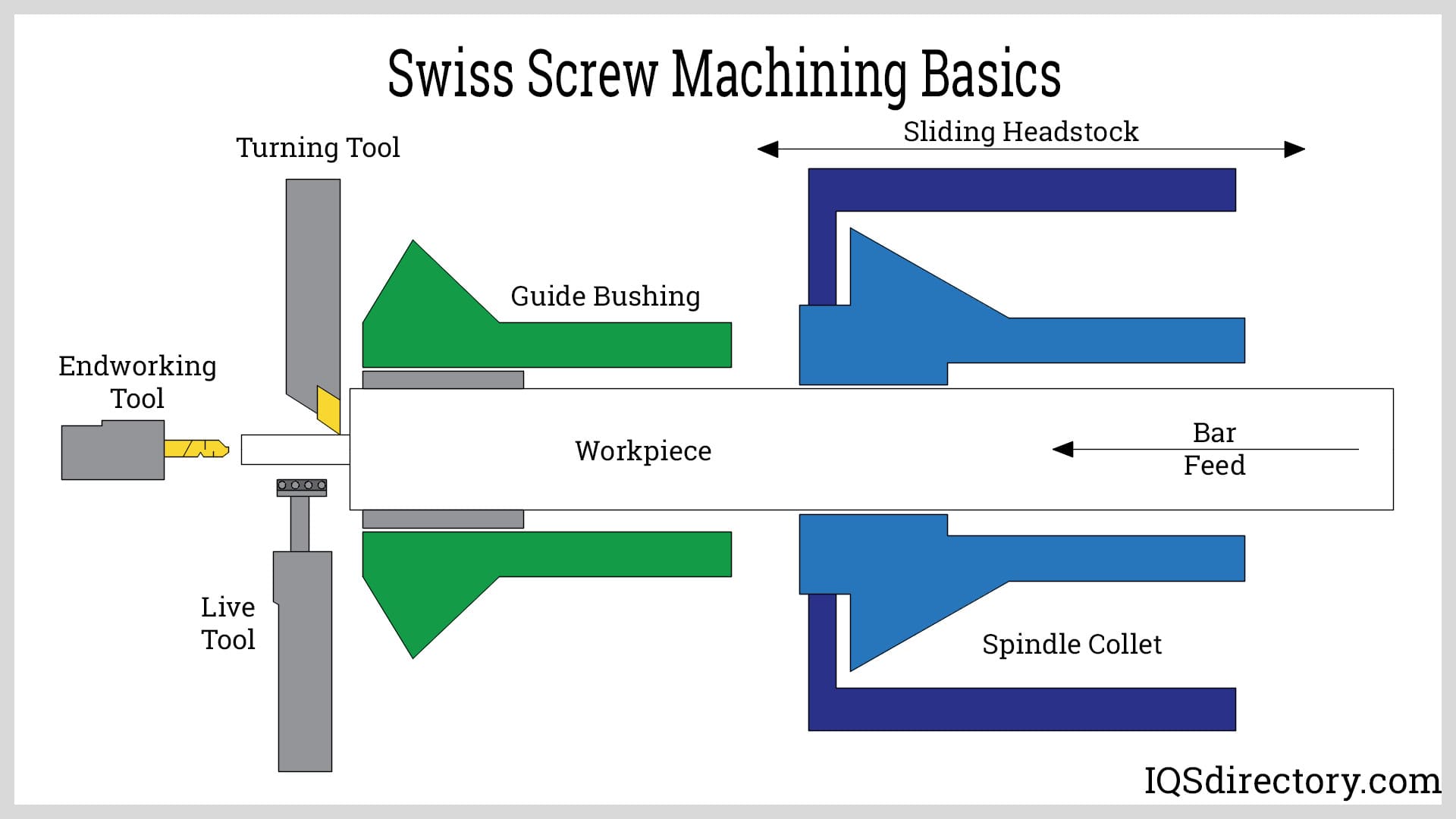
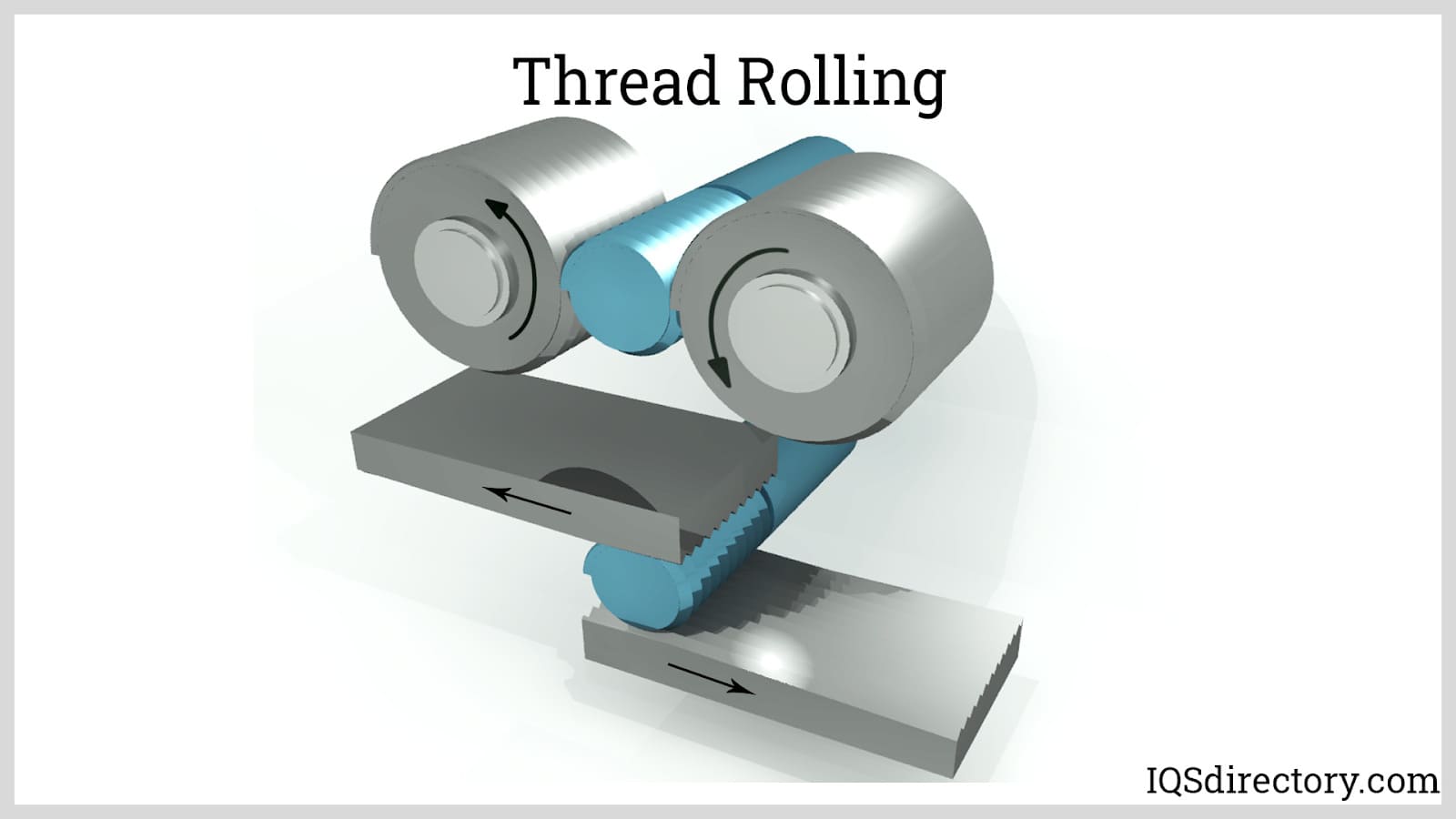
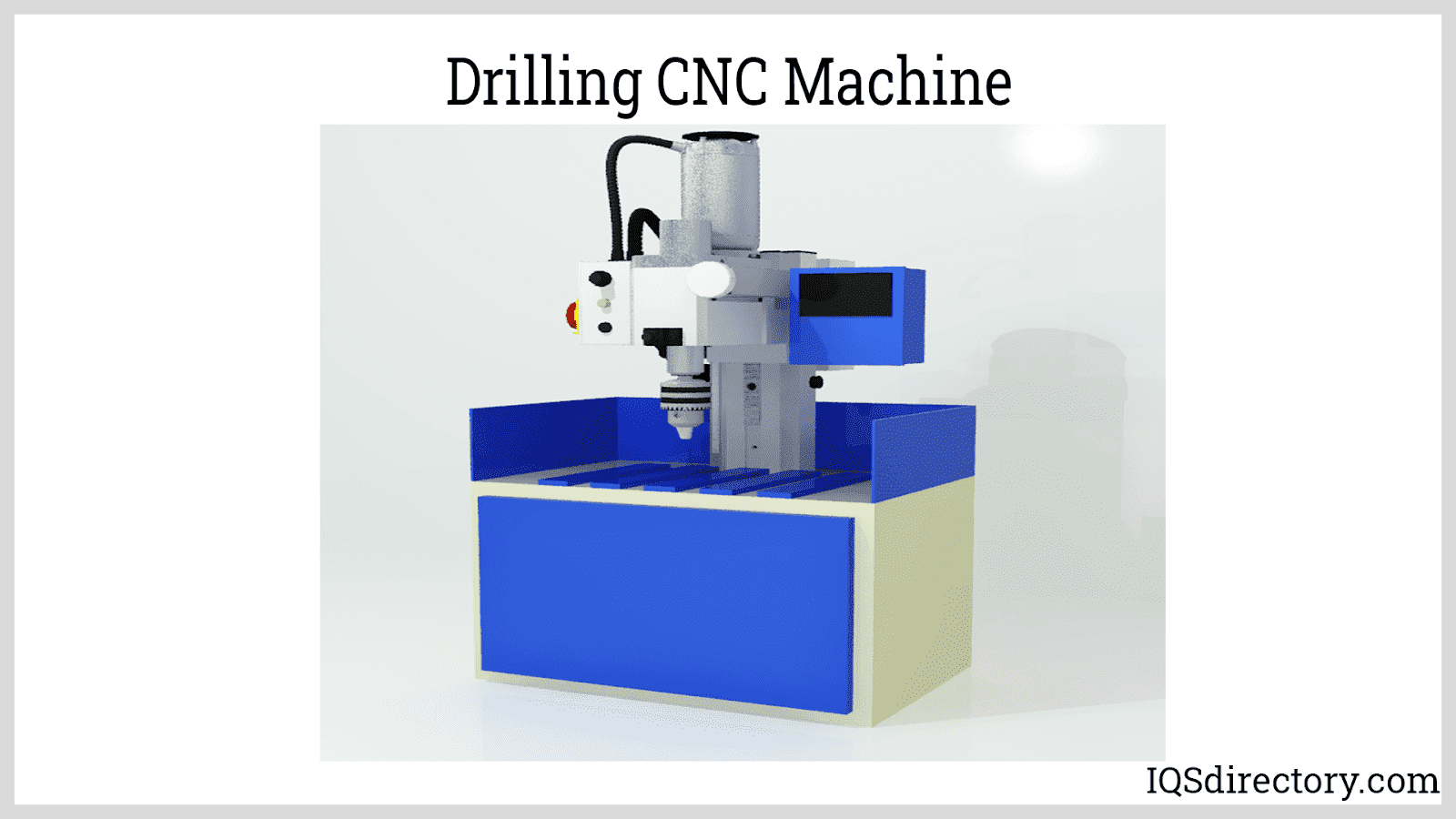
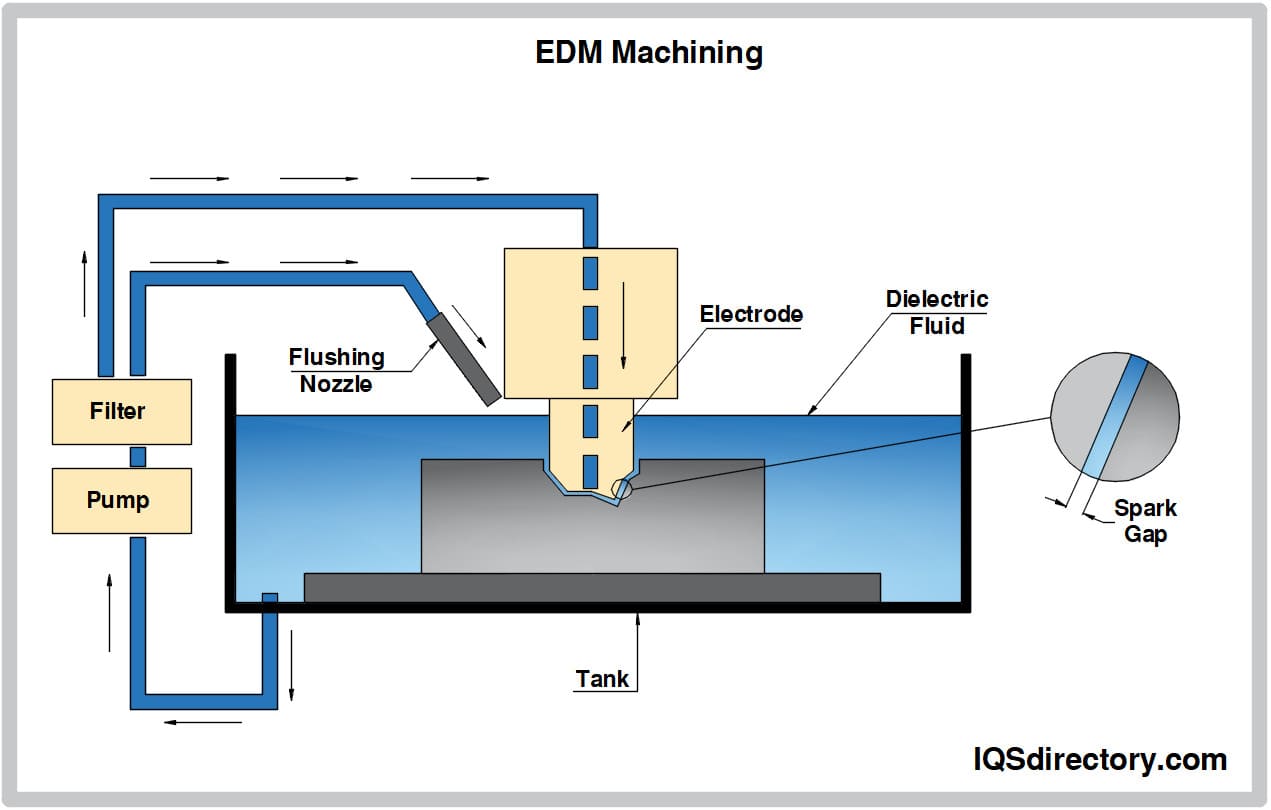
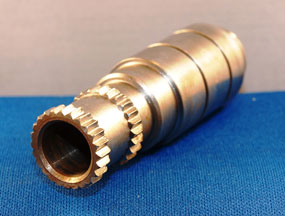 Broaching
Broaching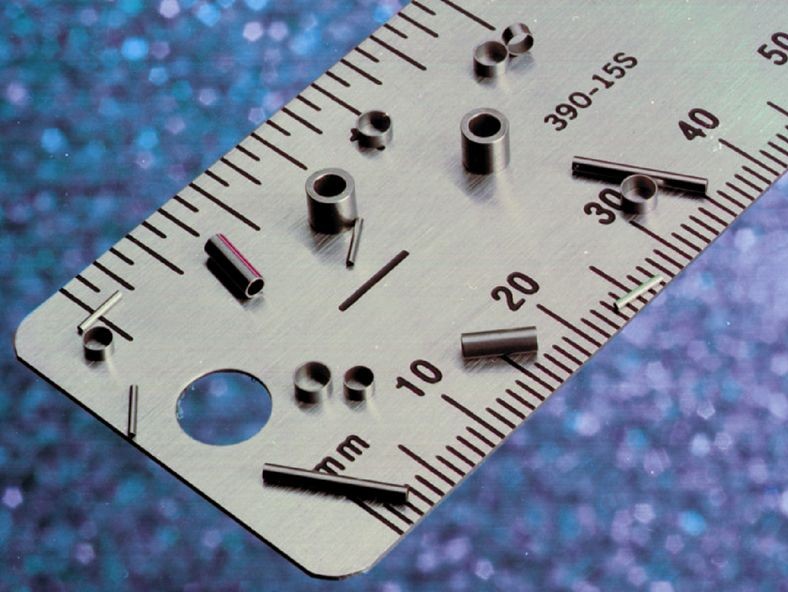 CNC Machining
CNC Machining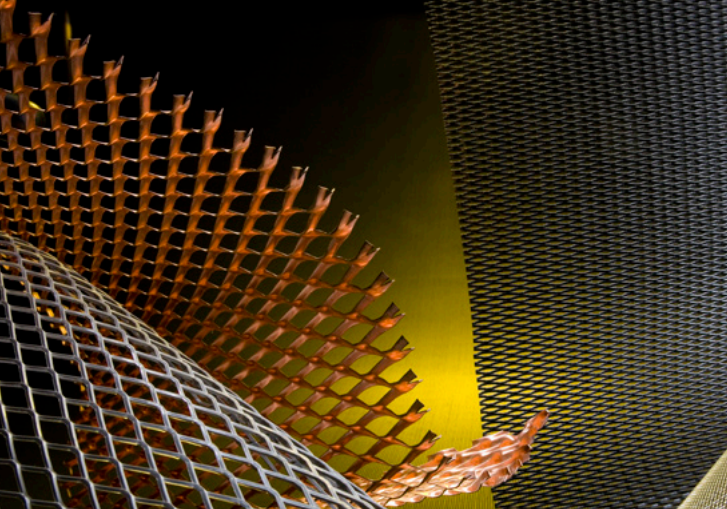 Expanded Metals
Expanded Metals Laser Cutting
Laser Cutting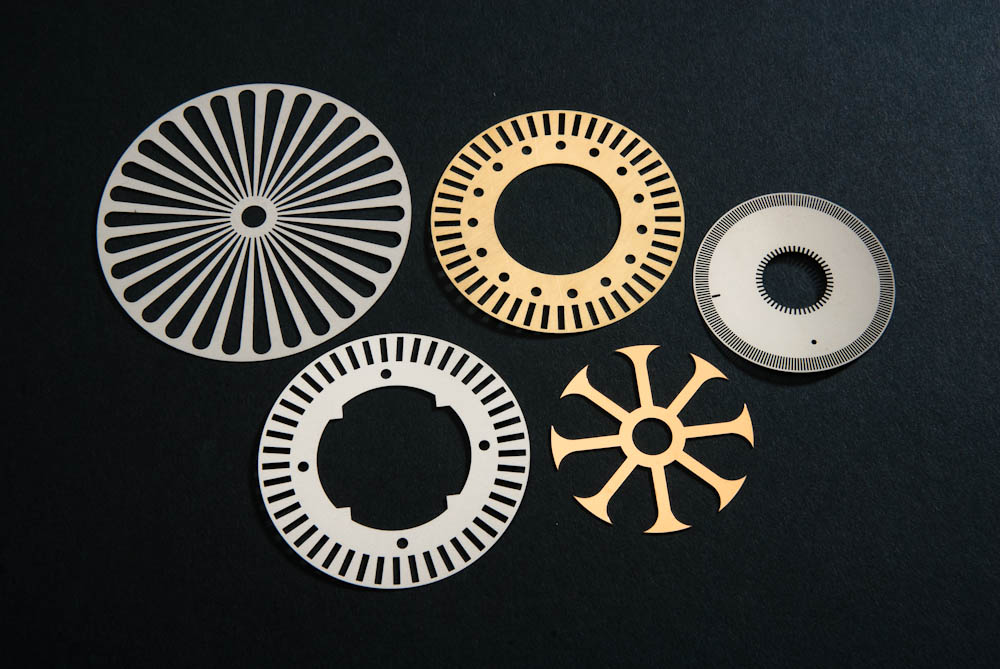 Metal Etching
Metal Etching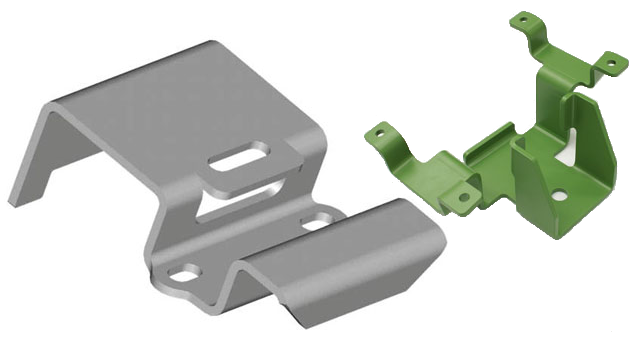 Metal Fabrication
Metal Fabrication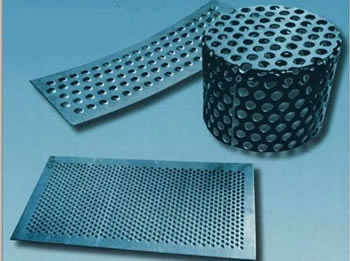 Perforated Metals
Perforated Metals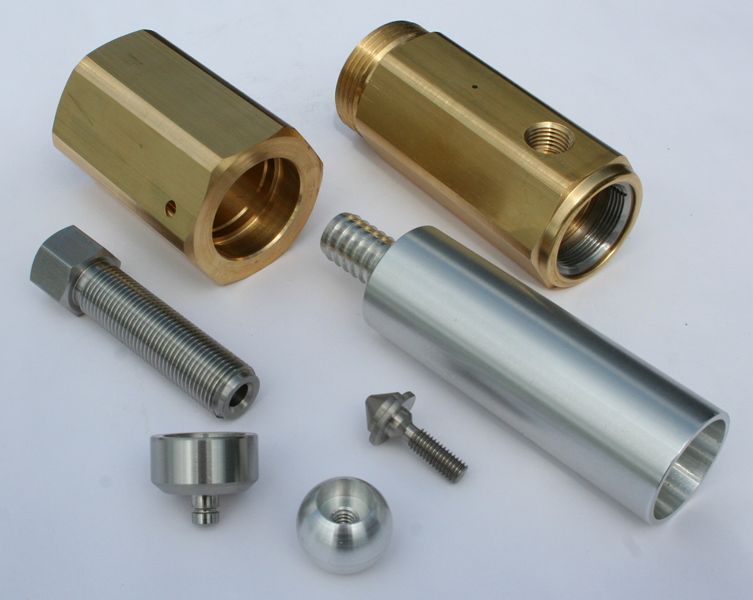 Screw Machine Products
Screw Machine Products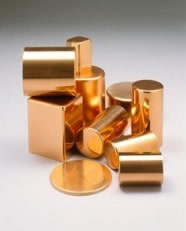 Metal Stampings
Metal Stampings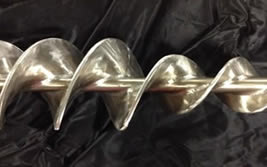 Sheet Metal Fabrication
Sheet Metal Fabrication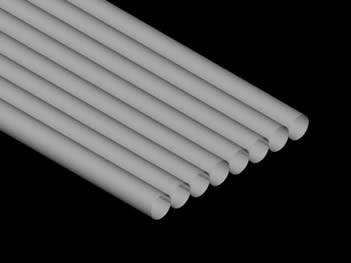 Tube Fabrication
Tube Fabrication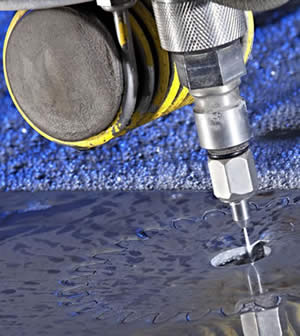 Water Jet Cutting
Water Jet Cutting Castings & Forgings
Castings & Forgings Bulk Material Handling
Bulk Material Handling Electrical & Electronic Components
Electrical & Electronic Components Flow Instrumentation
Flow Instrumentation Hardware
Hardware Material Handling Equipment
Material Handling Equipment Metal Cutting Services
Metal Cutting Services Metal Forming Services
Metal Forming Services Metal Suppliers
Metal Suppliers Motion Control Products
Motion Control Products Plant & Facility Equipment
Plant & Facility Equipment Plant & Facility Supplies
Plant & Facility Supplies Plastic Molding Processes
Plastic Molding Processes Pumps & Valves
Pumps & Valves Recycling Equipment
Recycling Equipment Rubber Products & Services
Rubber Products & Services